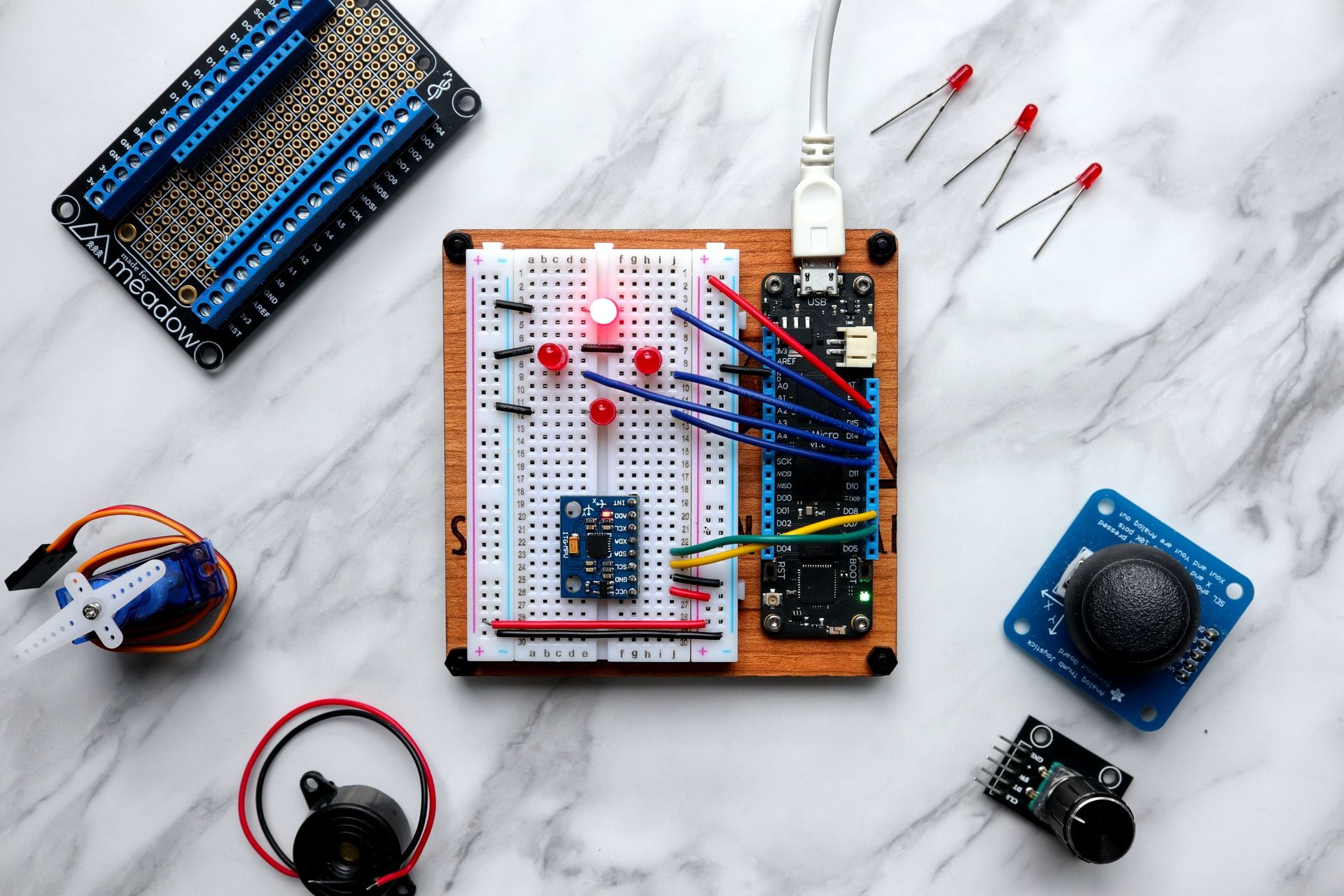Dr. Martin Bennink
Saxion University of Applied Sciences, Professor

The Sensors and Automation course covers information about various principles and technologies implemented on the most commonly used types of sensors and actuators/transducers. It will provide students with necessary knowledge regarding operation, application and integration of sensors and actuators (including signal processing and interfacing) to enable the design and realization of complete systems.
The form of education is e-learning with approx. 20 hours of lessons and 20 hours of self-studying. Weekly lessons include lectures, thematic videos and performing test tasks. An important part of this course is performing final exam in the form of multiple choices quiz, which contains answers based on study material. The course is set up in compliance with the ECVET System with possibility to obtain the Certificate of attendance.
This course does not require any specific knowledge on Industry 4.0 and is designed for an audience, who want to learn about 4th Industrial revolution and smart technologies. This means, first of all, students (bachelors, masters), whose curricula include disciplines related to the industry 4.0 as well as specialists and mangers in the various application areas of smart technologies. The course will be of particular interest to:
- senior executives or a development department managers of your enterprise interested in learning about innovation and technology transfer
- professionals interested in commercialisation of Industry 4.0-based solutions in his area of expertise
- founders of high-technology start-ups
- young engineers of the company who is already working on development of specific components of Industry 4.0 and their application or is interested in expanding the base of customers that develop smart technologies for new fields of application
- educators teaching graduate and postgraduate courses focusing on commercialisation and technology transfer
- students or postgraduates interested in commercialisation and technology transfer
1. Different types of sensors
1.1 Classification of sensors
1.2 Thermal sensors
1.3 Humidity sensors
1.4 Optical sensors
2. Sensor characteristics
2.1 How to select the right sensor
2.2 Transfer functions
2.3 Accuracy, resolution
2.4 Selectivity and sensitivity
3. Sensors made by micro- and nanotechnology
3.1 Introduction to micro- and nanotechnology
3.2 MEMS devices
3.3 Integrated photonic devices
4. Chemical and biological sensors
4.1 Introduction to chemical and biological sensors
4.2 Electrochemical sensors
4.3 Gas sensors
4.4 Electronic noses
5. Industrial automation
5.1 What is industrial automation
5.2 Automation architecture
Saxion University of Applied Sciences, Professor
Saxion University of Applied Sciences, Senior Researcher
Saxion University of Applied Sciences, Researcher
As the result of completing the Sensors and Automation intermediate level course, learners will know about:
- classification of sensors and actuators based on their operation principle;
- most commonly used types of sensors (mechanical, thermal, electro-magnetic and bio-chemical) and actuators;
- features/functionalities needed to achieve a complete working system;
- analysis of systems and selection of proper types of sensors and actuators that are needed to realize such systems based on required applications
By completing the Sensors and Automation intermediate level course, learners will develop the ability to:
- properly apply a certain type of sensor for a given application
- select suitable sensors based on their characteristics
- select and apply sensors based on micro- and nanotechnology
- apply chemical and biological sensors in daily life applications
- manage basic sensors and automation projects